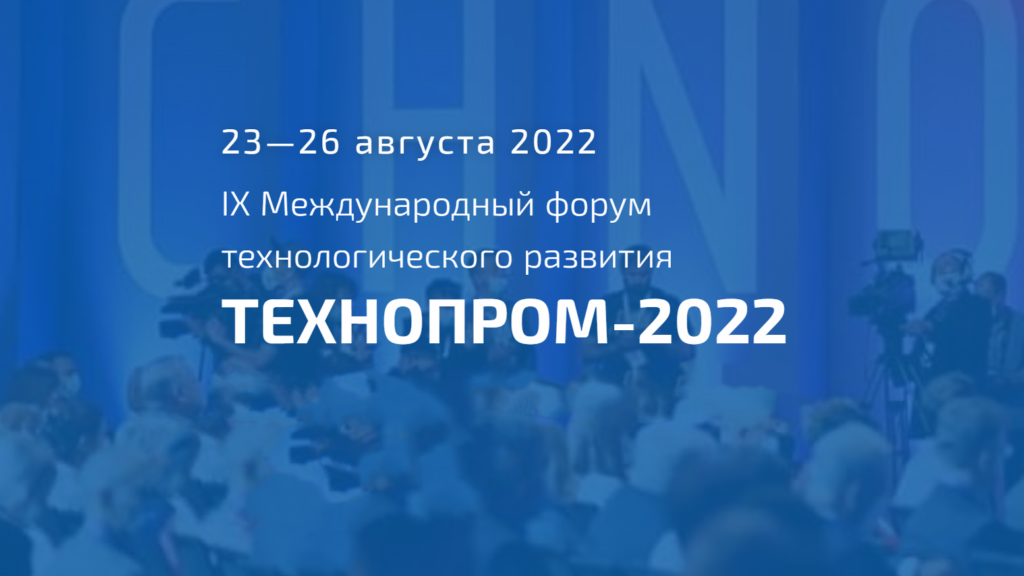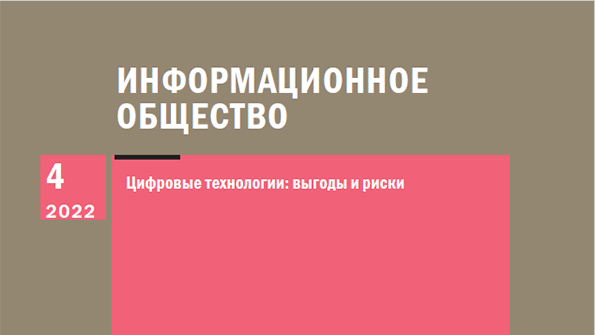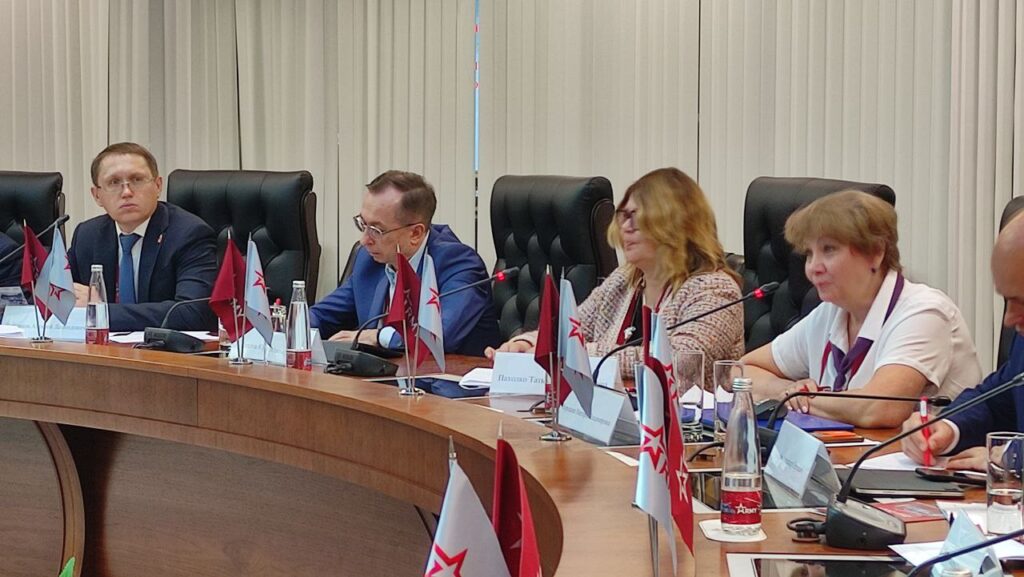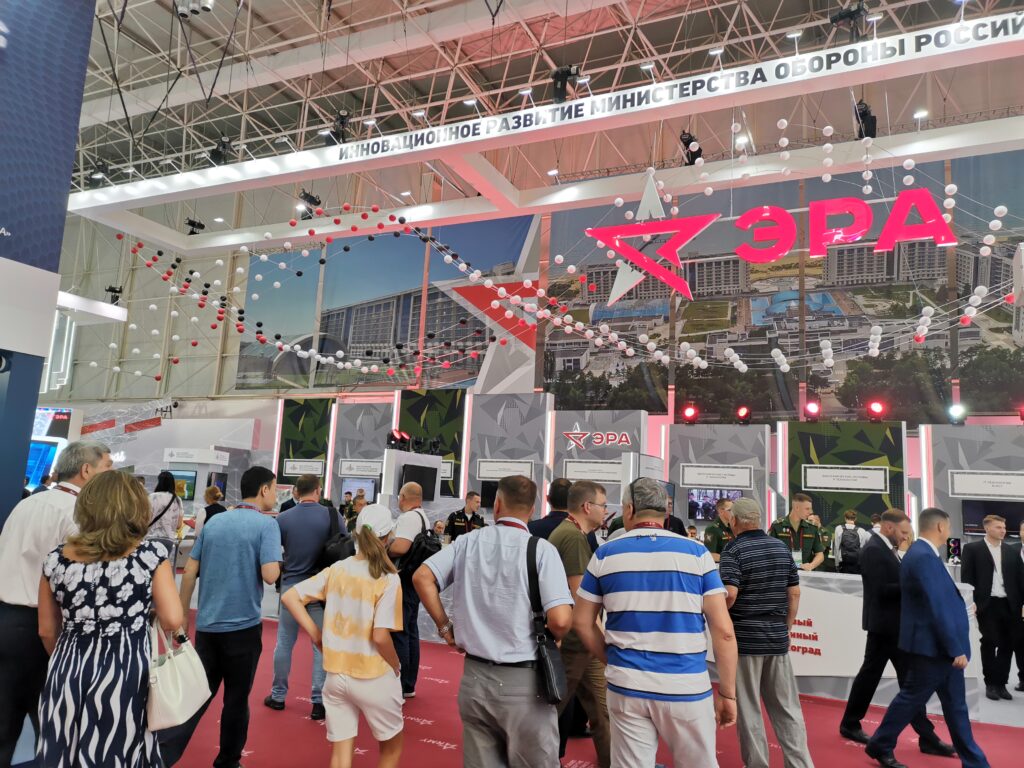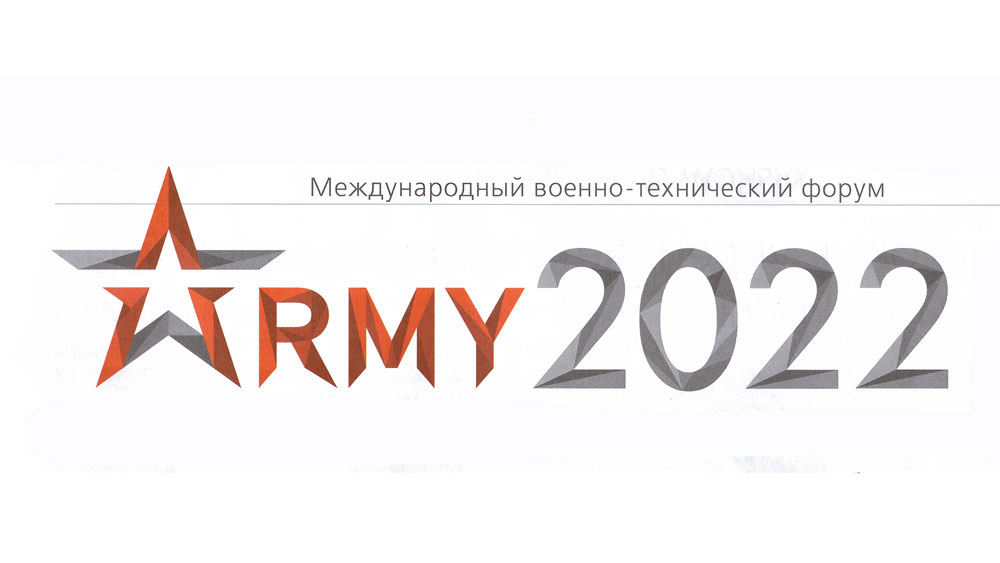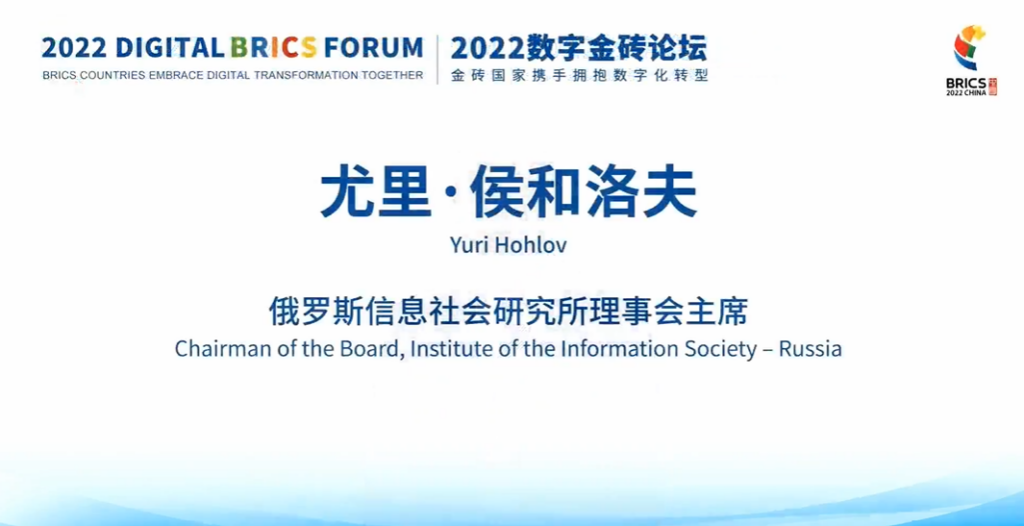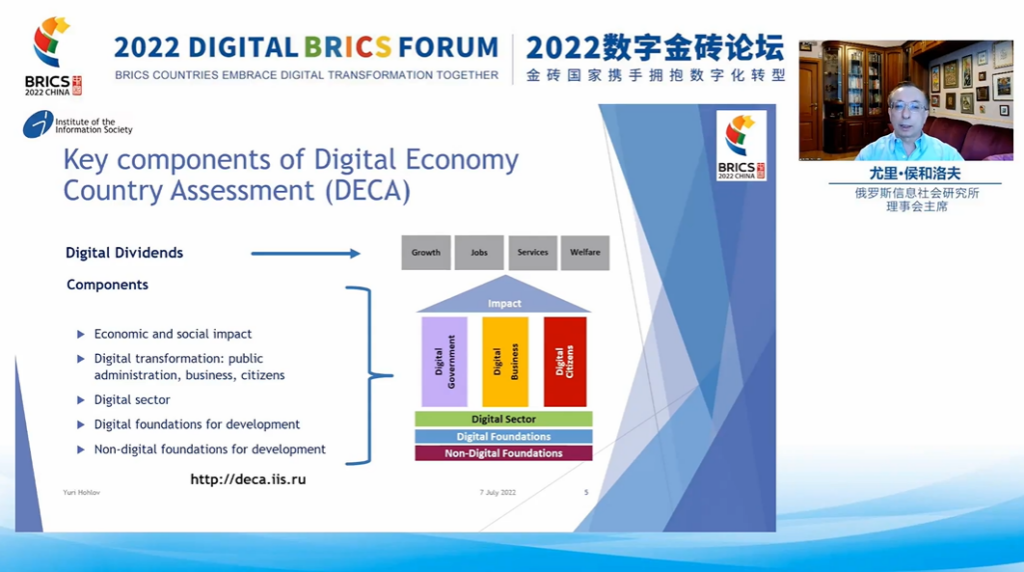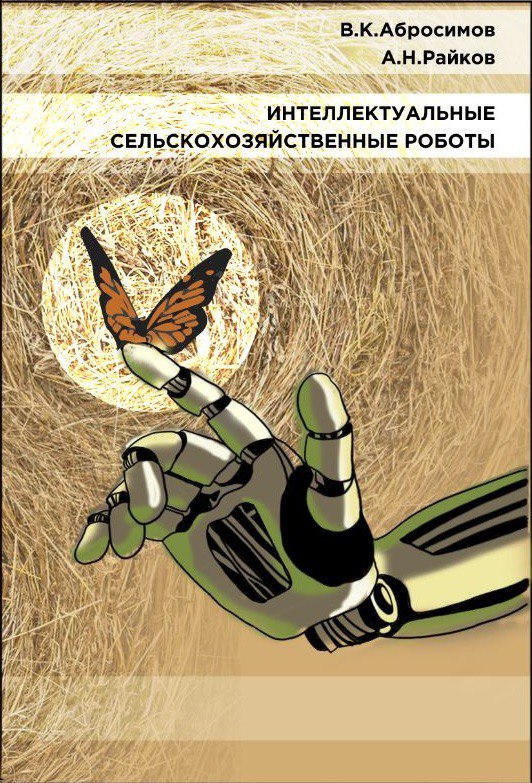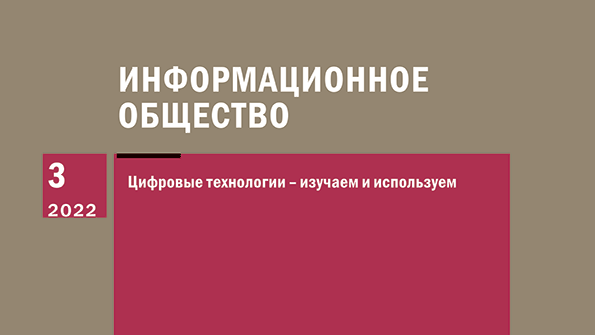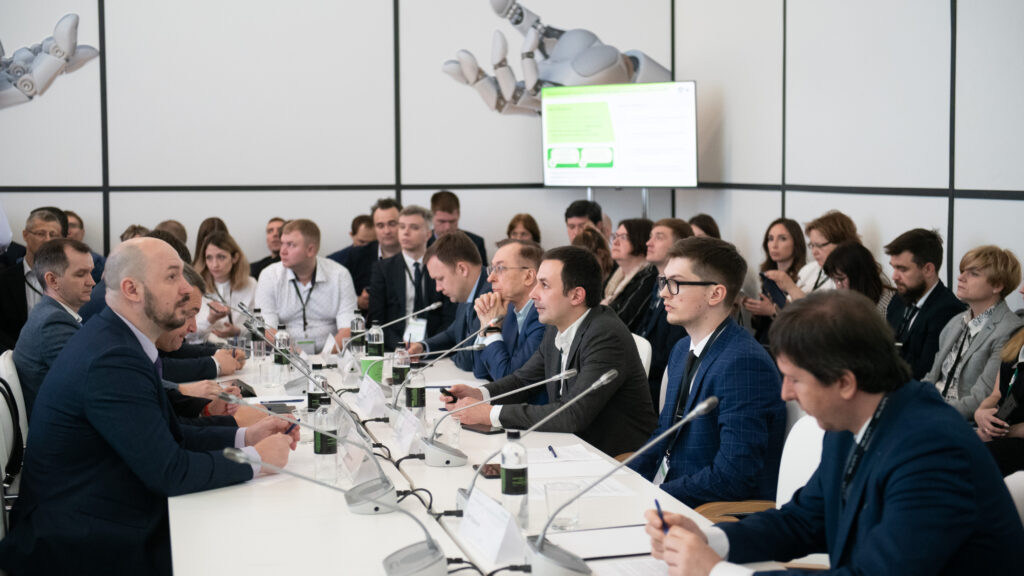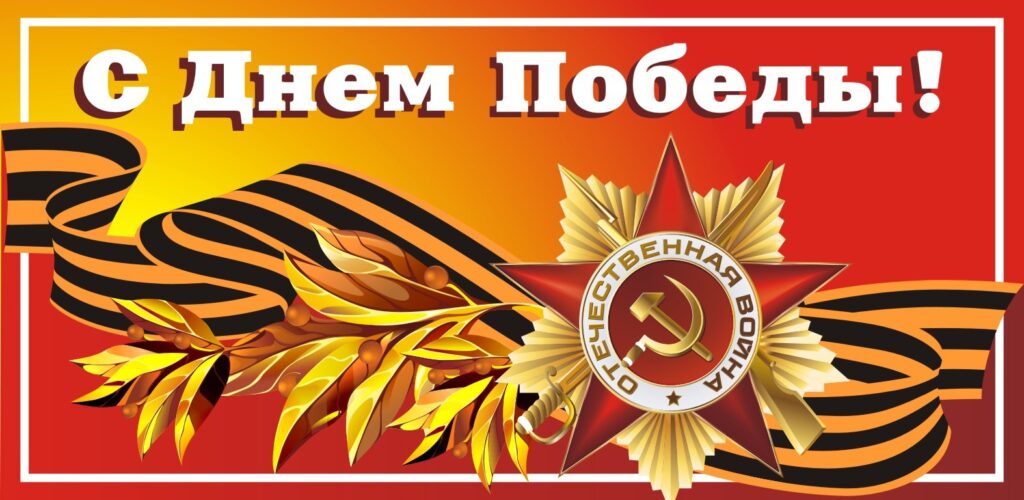International Forum of Technological Development “TECHNOPROM-2022” was held on August 23-26, 2022 in Novosibirsk.
Dmitry Chernyshenko, Deputy Prime Minister and Chairman of the Organizing Committee of the current forum, noted: “Technoprom has become an effective platform for discussing the issues of scientific and technological development of Russia, a center of attraction for bright and talented teachers, scientists, experts from different regions of Russia and abroad.”
The first Technoprom took place in 2013. The topic of the forum in 2022 is “Technological sovereignty and sustainable development of Russia”.
The purpose of the forum:
Consolidation of efforts of state authorities, scientific, educational and business communities to create conditions for accelerating scientific and technological development and prompt implementation of scientific and technological achievements.
Forum tasks:
- consideration of the conditions for achieving Russia’s technological sovereignty
- determining the role and place of development institutions in shaping the response to modern economic challenges
- development of strategic decisions to increase the competitiveness of Russian science and industry on certain priorities of the scientific and technological revolution – In accordance with the tracks of the forum
- clarification of the list of critical technologies, consideration of available technological solutions and tools for import substitution and import advance
- assistance in the execution of instructions of the President of the Russian Federation following the results of the joint meeting of the State Council of the Russian Federation and the Council under the President of the Russian Federation for Science and Education on December 24, 2021 (Pr-290)
Forum organizers:
- Government of the Russian Federation
- Ministry of Science and Higher Education of the Russian Federation
- Government of the Novosibirsk Region
- Siberian Branch of the Russian Academy of Sciences
Forum audience:
- heads and representatives of federal government bodies, constituent entities of the Russian Federation
- state corporations, industrial enterprises, holdings
- educational and research organizations
- development institutions in the field of science, technology and innovation
- academic campuses, science cities, special economic zones, territories of advanced social and economic development
- subjects of scientific, technological and innovation infrastructure (shared use centers, engineering centers, prototyping centers, technology transfer centers, technology parks, clusters)
- venture investors and technology entrepreneurs
- researchers, scientists, engineers, developers, inventors
- teachers, graduate students, students
The forum program included 15 tracks:
- Plenary session
- Actual issues of science and technology policy
- Scientific, technological and industrial cooperation: effective solutions
- Symposium “Science and Industry”
- Digital technologies in the new reality
- Science and new technologies in energy. Green economy
- Genetics, biotechnology and biological safety
- High-tech medicine and quality of life
- Agrotechnologies and food security
- Nuclear technologies and Megascience projects
- Personnel for scientific and technological breakthrough
- Start of the Decade of Science and Technology in Russia
- Siberian Venture Fair
- Technology Transfer Forum
- Science Film Festival (Si Film Festival)
Yuri Hohlov, Chairman of the Board of Directors of the Institute of the Information Society, head of the Digital Government Architecture Expert Group of the Digital Public Administration Working Group remotely participated in several forum events as part of the Digital Technologies in the New Reality track.
On August 24, he made a presentation “Problems and prospects for the development of state information systems at the Unified Digital Platform “GosTech”” at the panel discussion “Tools for ensuring the technological independence of the production process of developing the Government Information System”. He also summed up the discussion.
On August 25, Yu. Hohlov made a presentation on “Creating Conditions for the Development and Use of Artificial Intelligence Technologies in the Public Administration System” at the panel discussion “AI in the State and Municipal Administration System: Best Practices”.
Also on August 25, Yu. Hohlov presented the report “Standards for working with big data: international experience and national standardization” at the panel discussion “Digitalization standardization: the role of standards in the field of artificial intelligence in the development of the ecosystem.”
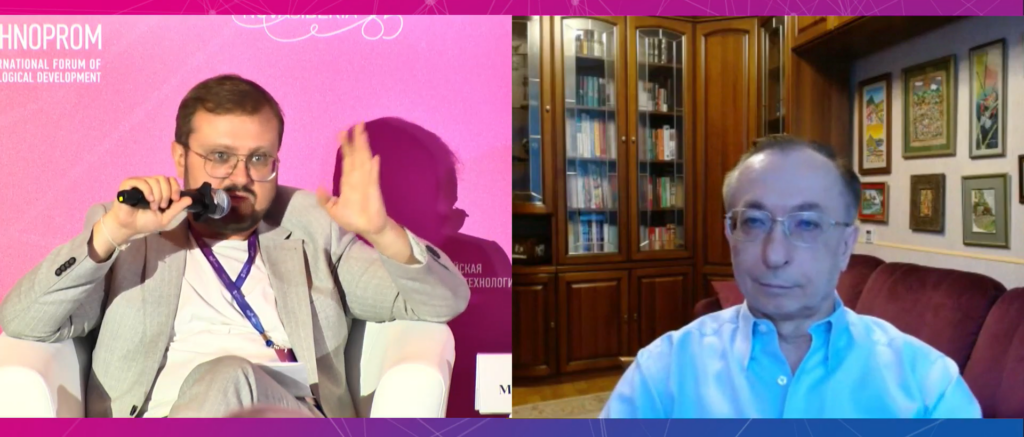
For more information about the forum, see its official website.
